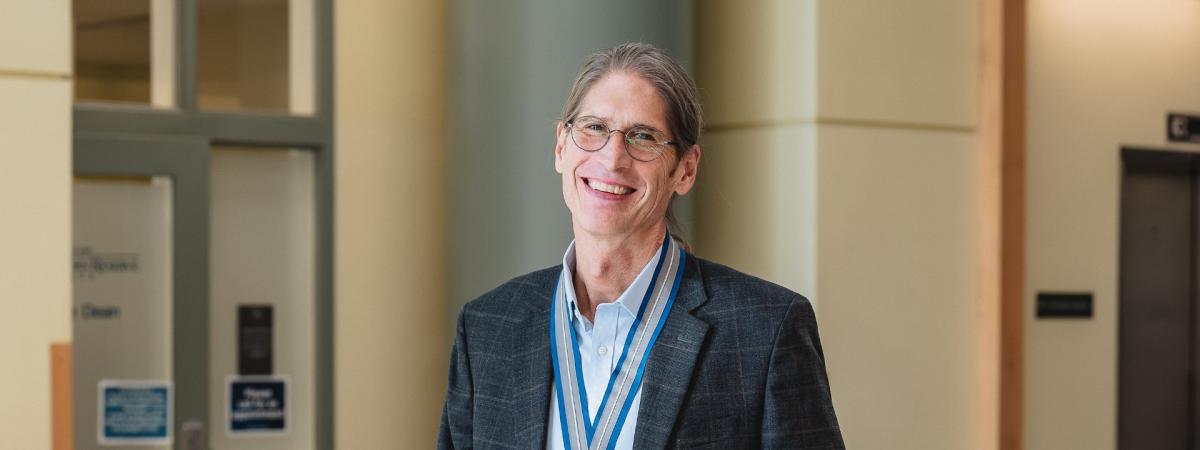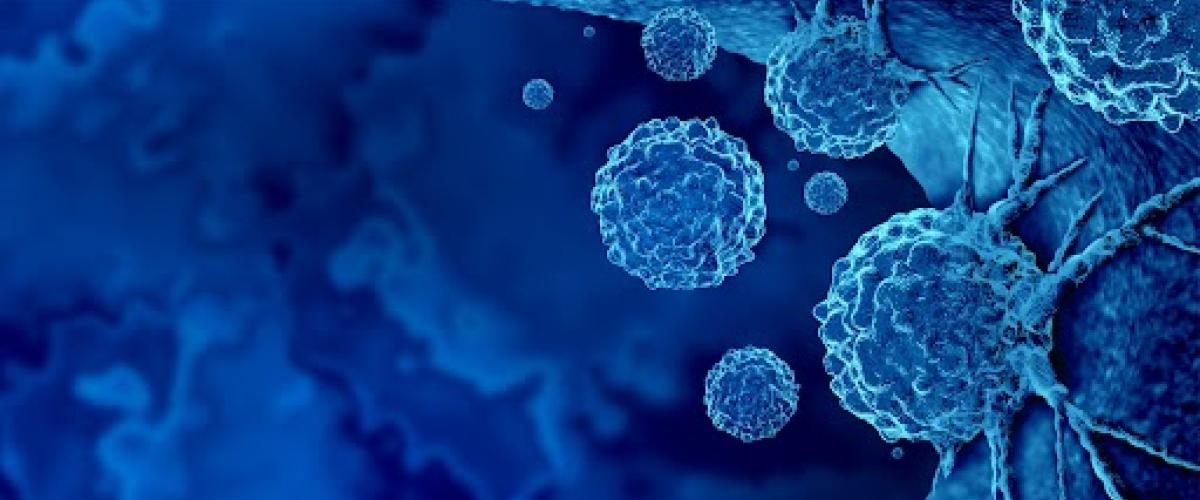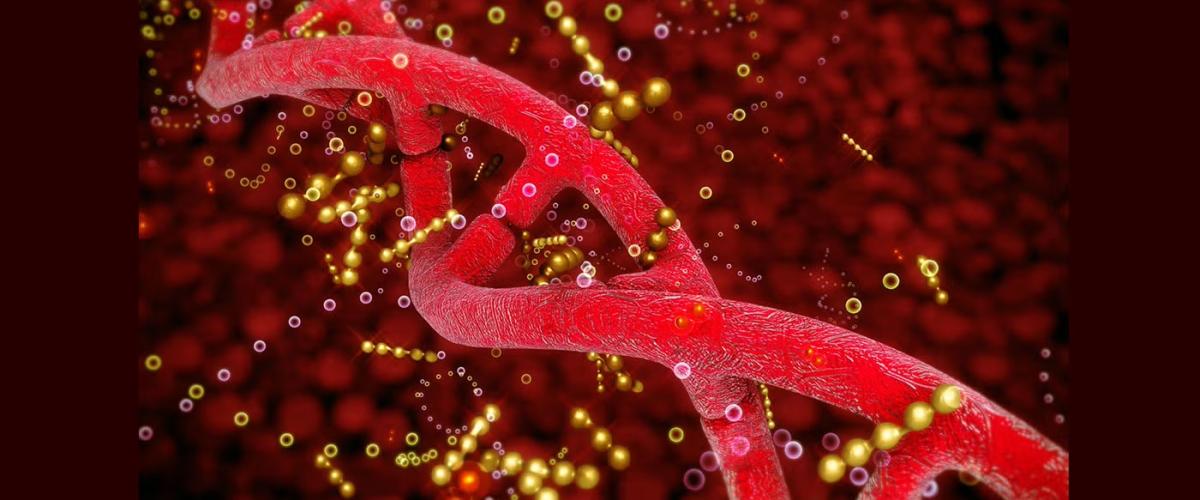
J. Alan Diehl receives the Case Medal for Excellence in Health Science Innovation
When J. Alan Diehl arrived at Case Western Reserve University in 2019, the Department of Biochemistry in the School of Medicine was at a crossroads—ready for a renewed sense of purpose and direction.
Six years later, under Diehl’s leadership as chair, the department’s faculty headcount has more than doubled, 13 new undergraduate courses have launched, a major research center has been integrated, and the unit has climbed to No. 12 nationwide in National Institutes of Health (NIH) funding, according to the Blue Ridge Institute for Medical Research. Enrollment in the undergraduate major has also grown by 130%.
Those achievements—and the vision behind them—are central to why Diehl received the Case Medal for Excellence in Health Science Innovation. Presented Oct. 9, the School of Medicine’s highest honor recognizes transformative contributions to research, education and patient care.
“It is an incredible honor to be recognized by my peers. While I’m deeply grateful, the recognition truly belongs to all in my research group who contribute to our scientific impact,” said Diehl, the Leonard and Jean Skeggs Professor. “The expansive growth of the biochemistry department and its education program reflects the dedication of our staff and faculty. I’m proud to be a member of such a dynamic team.”
The scope of Diehl’s scientific work is extensive: continuously funded by the NIH, he’s authored or contributed to more than 170 peer-reviewed papers, including seminal insights into tumor stress responses. He’s also earned a reputation for collaborative leadership. Peers and trainees point to the qualities behind the science—driven, collegial, with an open-door approach to mentoring. Colleagues credit him with building high-performing teams.
“Alan has brought forward a vision and priorities that have resulted in rapid changes and successes—he is remarkably clear about what is important and how to get there,” said Stan Gerson, dean of the School of Medicine, at the award ceremony. “He builds consensus with a calm, clear, focused approach. … It’s rare to find someone who blends excellence in research and education with this kind of humility and integrity.”
That clarity of purpose has also reshaped how students learn. Under Diehl’s guidance, the biochemistry curriculum has shifted to reflect the field’s future—with new tracks in cancer, metabolism and infectious disease that connect foundational science to human health. Most biochemistry majors start in research labs as first-year students, and by graduation, all have hands-on experience.
His own lab is driven by deceptively simple questions: What makes a normal cell behave like a cancer cell? Why do some therapies fail while others succeed?
“I’ve always been interested in what makes cancer tick,” he said. “That’s been the through-line of my career from the start.”
His focus on fundamentals has made Diehl one of the country’s foremost experts in cancer biology—and a catalyst for team-based translation. He advances this work through a multi-institution Stand Up To Cancer “Dream Team,” backed in part by the American Association for Cancer Research, developing therapies that target tumor metabolism and drug resistance.
At Case Western Reserve, he brings the same translational drive to his role as deputy director of the Case Comprehensive Cancer Center. His counsel was key to the recent renewal of the center’s $25.5 million National Cancer Institute support grant—extending 38 years of continuous federal backing for the team science collaboration that unites the university with Cleveland Clinic and University Hospitals.
Looking ahead, Diehl hopes to see more discoveries move into therapies that improve lives. He’s also focused on the people who will carry that progress forward.
“My priority is the success of the young people we bring to CWRU—our junior faculty and our students,” he said. “If they succeed, ultimately, patients benefit.”



